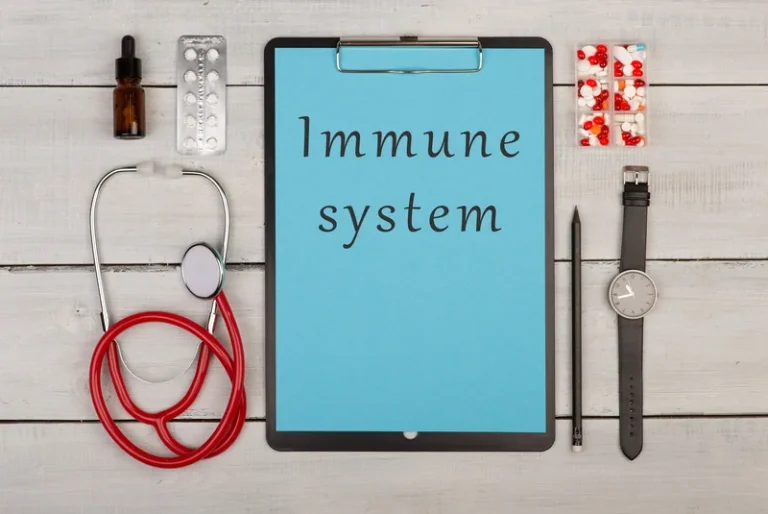
One more limitation is that it was not possible to control for all relevant sociodemographic factors, such as the parents’ employment status and the region of the country (urban vs. rural) in our data. Moreover, as we only had data on biological parents, we do not know whether the child was living how alcoholic parents affect their children in a family or not where a social parent, such as the mother’s or father’s new spouse, abuses alcohol. Finally, with the administrative register data, we were not able to examine familial dysfunctions, such as various kinds of child maltreatment, that also adversely affect children [36].
- Even those with a higher genetic risk for AUD can often take a harm reduction approach when they learn to better understand their triggers, risk factors, and engagement with substances, Peifer says.
- The treatment services for patients with any stage of alcohol abuse should be developed with the aim of helping the whole family.
- Depending on your specific needs and circumstances, the Substance Abuse and Mental Health Services Administration can provide resources and information to help you find the most appropriate treatment option for you or your loved one.
- While the cognitive deficits observed in some children of alcoholics may be related to FASDs, environmental factors also appear to have an influence.
Psychological Impact of Alcoholic Mothers on Daughters
You can talk with them, cope with them, beg them and cry, but until they want to stop drinking, they won’t. The goal is to get your parents to understand what their alcoholism is doing to the family. https://ecosoberhouse.com/ Sometimes alcoholic parents can be so harsh that more than talking is required. That being said, if talking simply won’t work, and your parents are not a threat to you, get out of the house.

Treatment Options
If the mother drank while pregnant, they could even be a victim of fetal alcohol syndrome, which carries through childhood and into adulthood. A 2014 review found that children of parents who misuse alcohol often have trouble developing emotional regulation abilities. A 2012 study that considered 359 adult children of parents with AUD found that they tended to fall within five distinct personality subtypes.
Your addiction does not have to define who you are.
The positive association between parental alcohol abuse and mental and behavioural disorders in children corresponds with the results of previous studies on this topic [2–4]. Therapy and support systems can be invaluable resources in addressing the lasting effects of childhood experiences with alcoholic parents. A therapist specializes in helping adult children of alcoholics navigate the healing process. Knowing the impacts of parental alcohol abuse on children and family dynamics can provide a better understanding of the challenges faced by families affected by addiction. Addressing these issues head-on with appropriate treatment and support can lead to healthier outcomes for all family members.
Alcoholic Parents: Understanding the Impact on Children and How to Seek Help

Some children of alcoholics may cope by taking the role of responsible “parents” within the family and among friends. They may become controlled, successful “overachievers” throughout school, and at the same time be emotionally isolated from other children and teachers. Early professional help is also important in preventing more serious problems for the child, including reducing risk for future alcoholism. Child and adolescent psychiatrists can diagnose and treat problems in children of alcoholics.

Mood disorders (F3; in 1.1% of boys and 1.3% of girls) and neurotic, stress-related and somatoform disorders (F4; in 1.4% of boys and 1.7% of girls) were less prevalent. Learn more about whether alcoholism is genetic, how alcoholism affects children, characteristics of children of alcoholics, risk factors among children of alcoholics and support for children of alcoholics. If you’re an adult child and lived with a parent with alcohol use disorder, there are ways to manage any negative effects you’re experiencing. Children of parents who misuse alcohol are at higher risk for anxiety, depression, and unexplained physical symptoms (internalizing behaviors). They are also more likely to display rule-breaking, aggressiveness, and impulsivity (externalizing behaviors) in childhood. Children whose parents use alcohol may not have had a good example to follow from their childhood, and may never have experienced traditional or harmonious family relationships.
Payment of benefits are subject to all terms, conditions, limitations, and exclusions of the member’s contract at time of service. Your health insurance company will only pay for services that it determines to be “reasonable and necessary.” The treatment center will make every effort to have all services preauthorized by your health insurance company. Children of alcoholics may struggle with trust, keeping friendships, communication and conflict resolution skills in their personal and professional relationships. Alcohol use disorder (AUD) is a chronic and potentially severe medical condition characterized by an individual’s compulsive and problematic pattern of alcohol consumption. This disease extensively harms not only the alcohol user but also their families.
- Read on to explore the traits and characteristics of adult children of alcoholics, their struggles and their path to trauma recovery.
- MentalHelp may receive marketing compensation from these companies should you choose to use their services.
- The presence of secrecy, loss, and fear results in an unstable family system that hinders healthy development and bonding for children.
